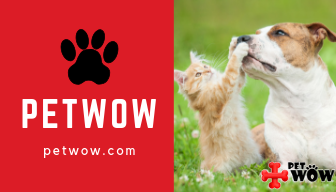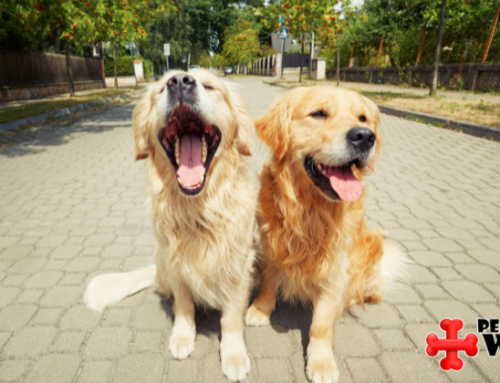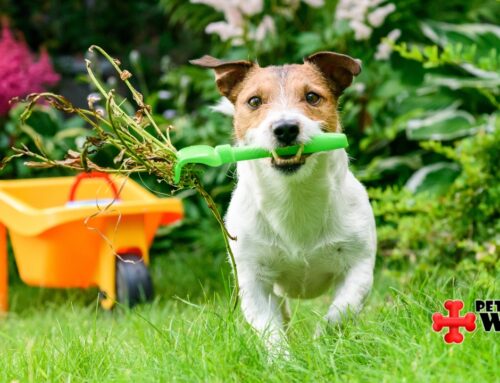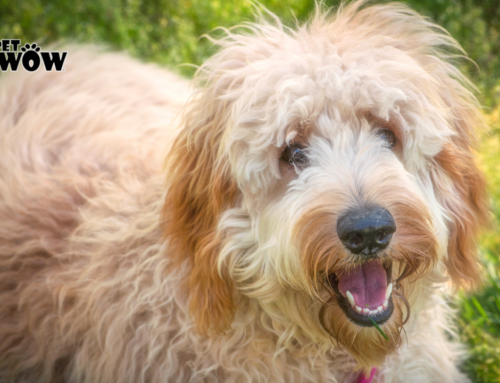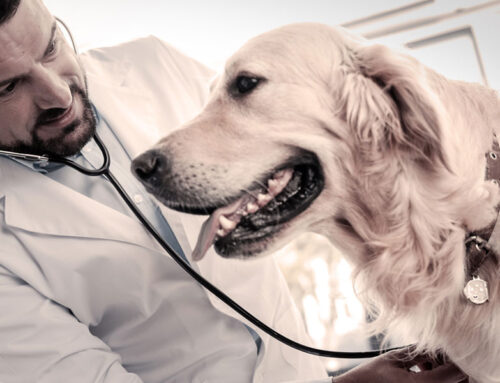Canine Parvovirus, more commonly known as Parvo, is a highly contagious disease with incredibly high mortality rates within days if left untreated. Puppies, as well as unvaccinated or incompletely vaccinated dogs, are most at risk. Although it’s not entirely understood why, German Shepherds, Rottweilers, American Staffordshire Terriers, Doberman Pinschers and English Springer Spaniels are at higher risk than other dog breeds.
How Is Parvo Transmitted?
The most common way Parvo is transmitted is by direct contact through the nose or mouth with infected feces.
Another way Parvo is transmitted is through indirect contact with a contaminated dog, person, object, soil or air. Parvo is a hardy virus that can survive indoors at room temperature for months or even years if not in direct sunlight, and even in soil for one year. It is resistant to most cleansers, and can survive on clothing, surfaces and even human skin.
Dogs love to sniff and explore their surroundings, especially during walks. One sniff of another dog’s poo, or even a surface where infected poo has been is all it takes to pick up this horrible disease.
Parvo Vaccine
Parvo is a mostly preventable disease, but even vaccinated dogs are not 100 percent protected from the virus. Parvo vaccines are recommended for all puppies and are usually given in a series of three shots when the puppy is between six-to-eight weeks old, again at 10-to-12 weeks, and at 14-to-16 weeks. A booster shot is administered one year later and every 3 years after that.
Parvo Symptoms
Because dogs infected with Parvo are at serious risk, it’s important to contact your veterinarian immediately if your dog shows any of these symptoms: bloody diarrhea, fever or low body temperature, vomiting, weakness, lethargy, refusal to eat, depression or dehydration. The wet tissue of the mouth and eyes may become noticeably red, and the heart may beat too rapidly. Parvo can also take a cardiac form, attacking the dog’s heart muscles.
Parvo Treatment
Parvo is diagnosed with a physical examination, blood tests and a special test for the parvovirus in feces. A urine analysis, abdominal X-rays and abdominal ultrasounds may also be performed.
Infected dogs will be separated from other dogs at the veterinarian. Depending on your dog’s condition, he or she may need antibiotics, fluids, nutrition and other medications.
Even after your dog has recovered from parvovirus, they will still have a weakened immune system for some time, and will be susceptible to other illnesses. He or she can also spread Parvo for about two months after recovery. Your veterinarian may also recommend an easily digestible diet, as well as give you tips for cleaning your dog’s environment.
For more pet care tips, follow us on Facebook, Twitter, Instagram, Pinterest or LinkedIn!
